Why Overpersonalizing in Medicine Leads to Burnout (And How to Stop)
Healthcare is an incredibly human profession, full of complexity and challenge.
The weight of systemic inefficiencies, the relentless demands of patient care, and the emotional labor we take on each day can be overwhelming.
I have spent years learning to navigate these pressures with intention, choosing to protect my well-being while still advocating for meaningful change. I continue to devote my life to helping others do the same.
It is easy to get swept into collective suffering, absorbing the outrage, frustration, and exhaustion that permeate the profession.
I encourage you to step back and assess: am I taking on more than I need to?
Am I depleting myself trying to fix what is beyond my control?
The answer, more often than not, is yes.
For years, I carried the weight of a 'Savior Complex'—feeling responsible for fixing everything, from individual patient experiences to systemic flaws.
I believed that if I could just work harder, be better, or care more, I could make a difference.
But the truth is, no one person can carry the burden of an entire broken system. We must learn to manage our capacity, to contribute where we can without losing ourselves in the process.
How much healthcare 'drama' can you hold without compromising your well-being?
It is a question worth asking.
There will always be challenges, inefficiencies, and injustices, but we do not have to absorb them all. Instead, I focus on mindful communication—with patients, colleagues, and even myself. I remind myself to ask good questions, to be curious, and to resist judgment. It is amazing how this small shift in approach changes the entire dynamic of an interaction.
I have learned to acknowledge what is reasonable for me to take on. And you should too.
We can recognize systemic problems without internalizing them. We can see the inefficiencies without making them a reflection of my worth as a physician.
Can we be curious about our feelings, rather than getting caught in cycles of blame or shame?
Can we accept the state of healthcare while still advocating for change, without letting it consume us?
There is freedom in choosing to stay in our own lane—to focus on what we can control rather than what we cannot.
We can be fully present with our patients, communicate effectively with colleagues, and prioritize our own mental health.
We can let go of the need to over-personalize everything. The system is flawed, but that does not mean we are.
And amid all of this, we can choose to notice what is working.
To celebrate the small wins, the moments when things go right.
In medicine, these moments are easy to overlook, buried beneath the weight of what feels impossible.
But when we pause and acknowledge them, our perspective shifts. The work we do matters. And so do we.
If you find yourself constantly overwhelmed, ask yourself: how much are you taking on that is not truly yours to carry?
What might shift if you allowed yourself to step back?
What if you value your own well-being as much as you value your role as a healer?
The healthcare system will not change overnight.
But how we engage with it—how we care for ourselves within it—can.
And that shift starts with us, with mindful choices, intentional boundaries, and a deep, unwavering respect for our own well-being.
#Mindful Medicine: How Physicians Can Protect Their Well-Being in a Broken System
#Letting Go of the Savior Complex: Thriving in Healthcare Without Overwhelm
